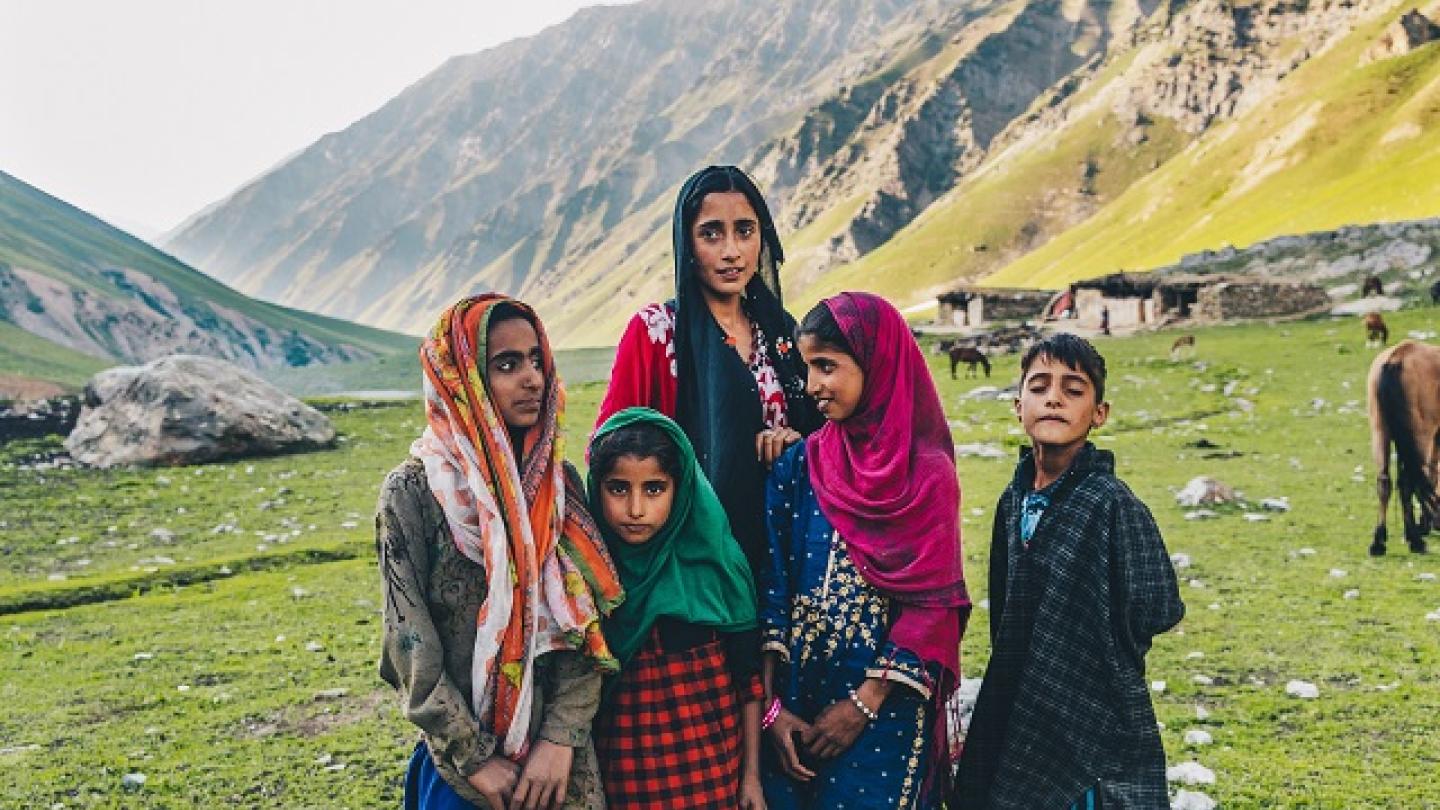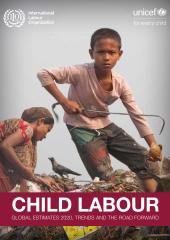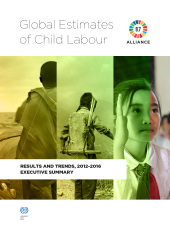
The millions of children in forced labour worldwide suffer both the impact of the hazardous working conditions and the trauma of coercion, threats of penalty, lack of freedom, and educational marginalization.
Definition
Child labour is defined as work that is hazardous to a child’s health and development, demands too many hours and/or is performed by children who are too young. Usually, child labour interferes with a child’s right to education.
Context
The prevalence of child labour is highest in the low-income countries, at 26.2%. By comparison, 9% of children in lower-middle-income countries, 4.9% of children in upper-middle-income countries, and 0.9% of children in upper-income countries are in child labour.
Risk factors
Boys appear to face a greater risk of child labour than girls. Among all boys, 11.2% are in child labour compared to 7.8% of all girls. In absolute numbers, boys in child labour outnumber girls by 34 million. When the definition of child labour expands to include household chores for 21 hours or more each week, the gender gap in prevalence among boys and girls aged 5 to 14 is reduced by almost half.
Industries
The agricultural sector accounts for by far the largest share of child labour (70%) with 121 million children in absolute terms. Child labour in the services and industry sectors number 31.4 million and 16.5 million, respectively. However, most child labour takes place within the family unit, with more than two-thirds of all children in child labour work as contributing family labourers.
Statistics
According to the latest Global Estimates of Child Labour, a total of 160 million children – 63 million girls and 97 million boys – are in child labour globally, accounting for almost one in ten of all children worldwide. Nearly half of all those in child labour – 79 million children in absolute terms – are in hazardous work that directly endangers their health, safety, and moral development. Children in employment, a broader measure comprising both child labour and permitted forms of employment involving children of legal working age, number 222 million.

